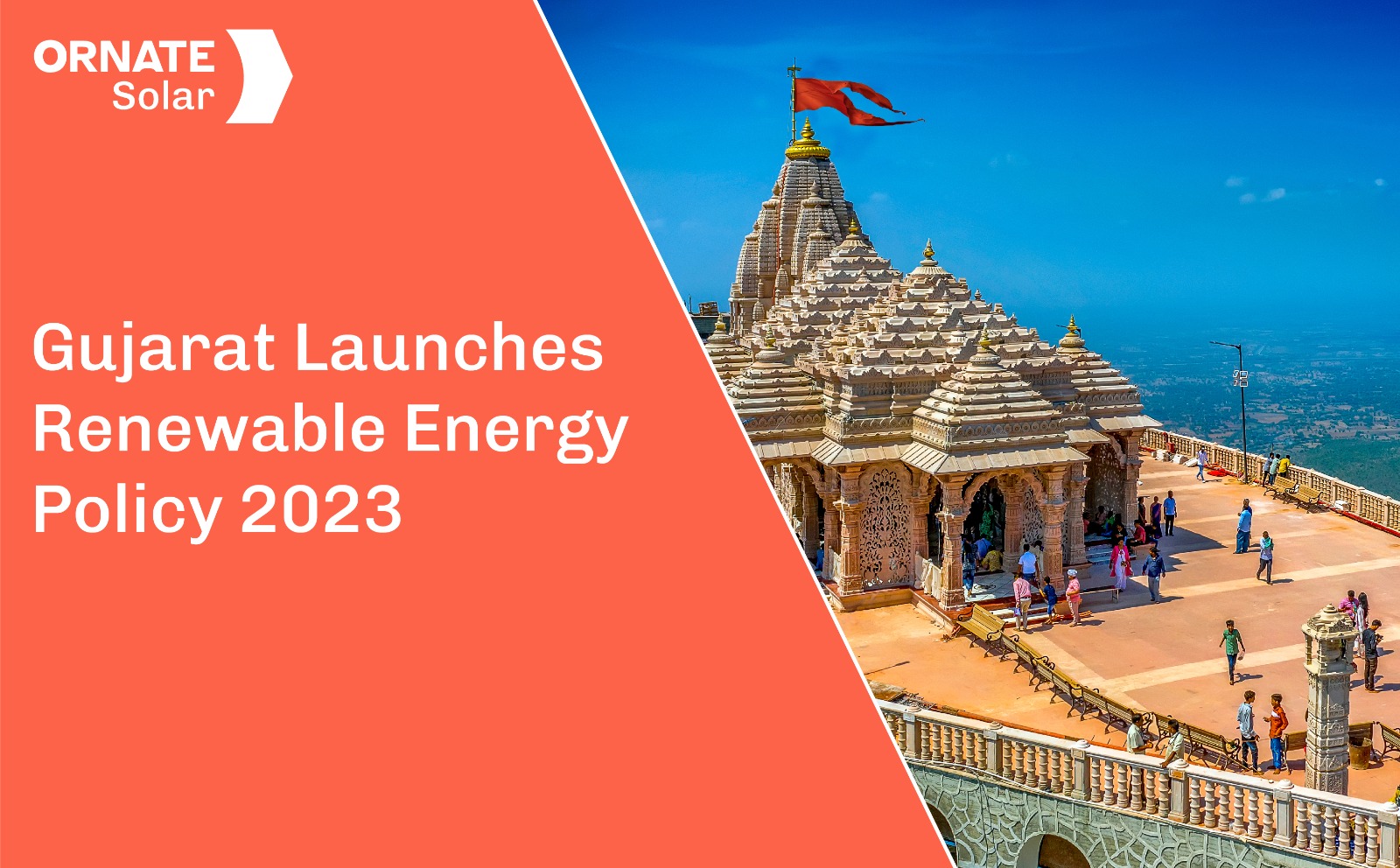

Gujarat government has announced Renewable Energy Policy 2023, which will be in effect till 2028. The policy aims to develop 100 GW of RE capacity by 2030, invite ₹5 lakh crores in investment, and utilize approx. 4, 00,000 acres of land.
The policy will be implemented by Gujarat Urja Vikas Nigam Limited (GUVNL) with the Gujarat Energy Development Agency (GEDA) acting as the nodal agency.
The document encourages setting up solar, wind, and hybrid solar and wind capacity in the state. The focus will be to harness the state’s 36 GW of solar and 143 GW of wind potential.
The state government will prioritize investment, employment, skill enhancement, and manufacturing in the clean energy sector and encourage R&D and innovation.
Some focus areas as stated in the policy are:
Ground Mounted and Floating/Canal Based Solar
Solar plants can be set up within or outside solar parks, on government revenue land or private lands. The state will provide government land or the land owned by the State Nodal agency to RE developers.
The policy also encourages the implementation of floating and canal-based solar systems over canals, rivers streams, etc. Several government authorities have been instructed to identify potential sites for such projects.
Wind-Solar Hybrids
The policy specifically focuses on the development of Wind-Solar-Hybrid (WSH) projects in the state. Such projects have been categorised into Type-A and Type- B.
Type A category focuses on the conversion of existing or under-construction standalone wind and solar projects into hybrids. Type B focuses on developing new WSH projects in the state.
Renewable Energy Parks
Another focal point of the policy document is the plan to set up renewable energy parks (solar parks, wind Energy parks, and wind-solar hybrid parks). The minimum capacity of such projects would be 50 MW, and the maximum capacity will be according to the MNRE guidelines.
Green Tariff
To promote a voluntary shift to green energy, the DISCOMs will supply 100% renewable power if requested by a consumer. The electricity will be provided at a green power supply tariff, which will determined by the GERC.
Apart from these, power distribution companies have been encouraged to acquire up to 4 MW of power from distributed solar projects. The tariffs would be predefined and the agreement and the exchange would be as per the Gujarat Electricity Regulatory Commission (GERC) guidelines.
Moreover, RE projects would also be eligible for carbon credits, including CERs, VERs, Gold Standards, or any other standards adopted at the global level.
For projects installed through competitive bidding, the RE developer can avail and retain the green credits. However, for rooftop solar and wind energy installations carried out under state government schemes, the carbon credits will be transferred to the DISCOM (Distribution Company).
Gujarat is one of the top solar-powered states in India. The state launched its solar policy in 2021, and since then has witnessed a 55% reduction in emissions from energy production. The state also dominates India’s solar module production with a 53% share.
Click Here for more updates
Resource: Saur Energy


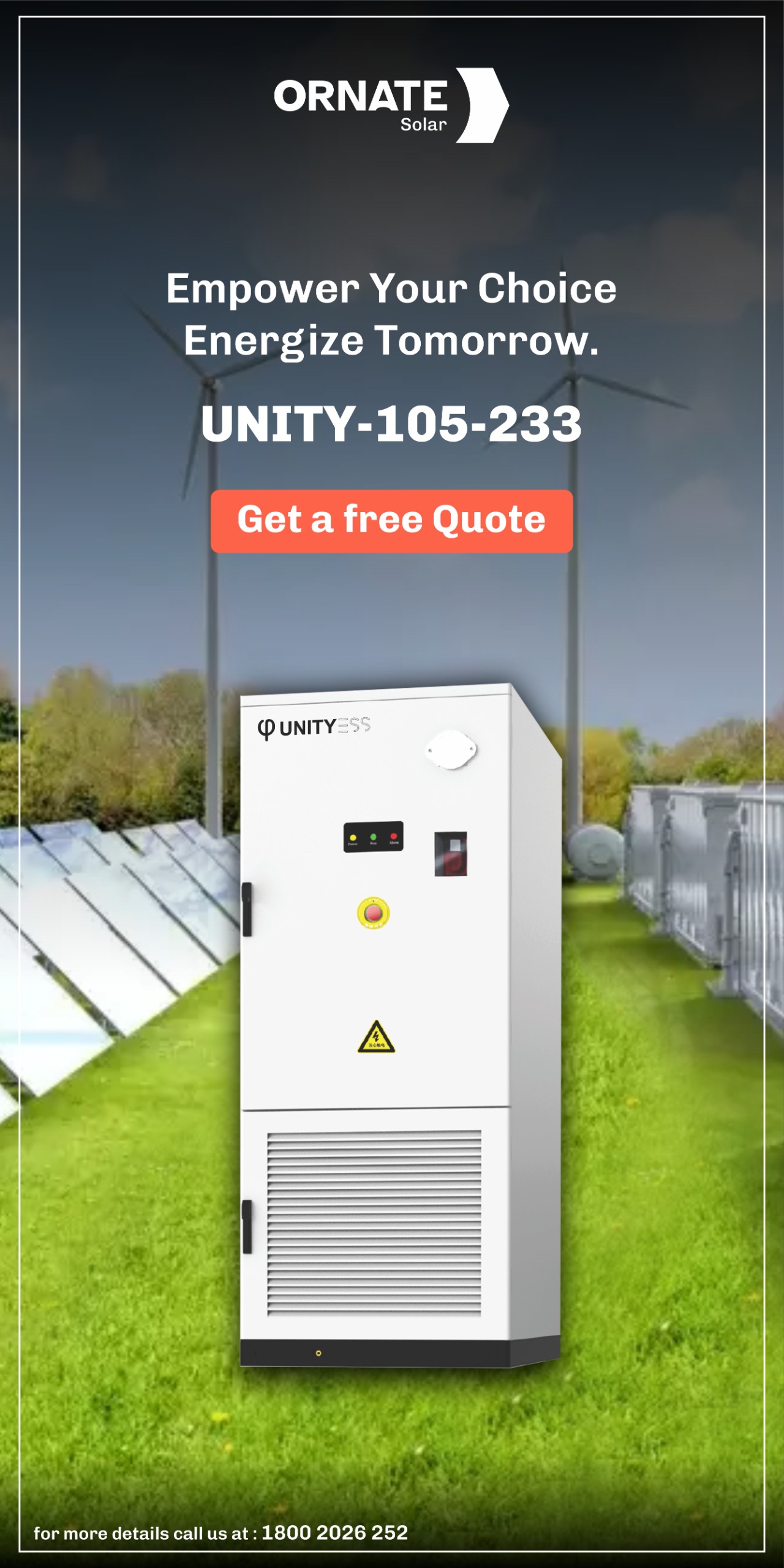

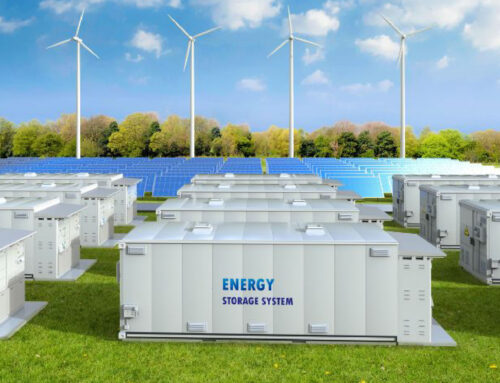
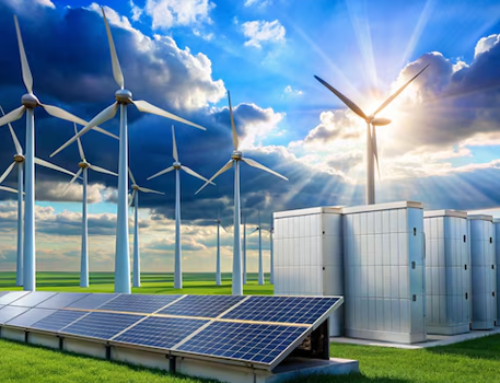
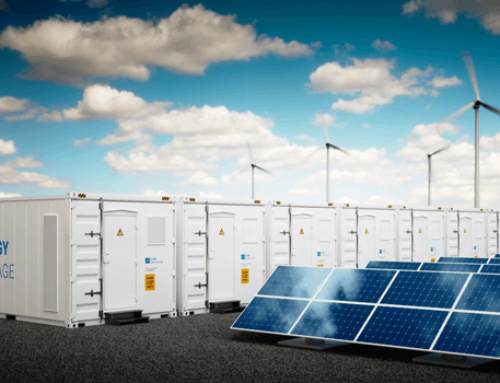

Leave A Comment